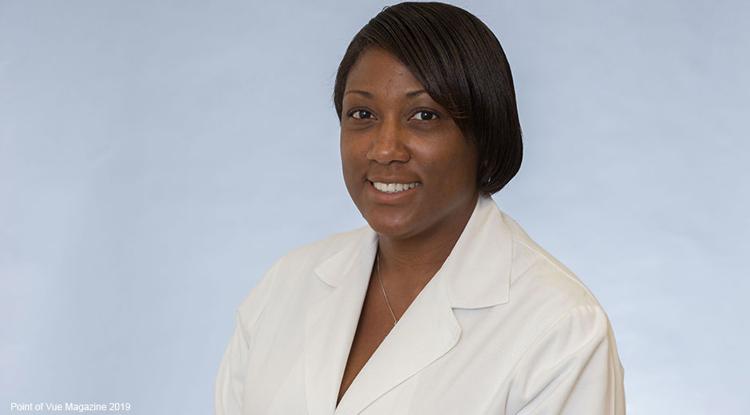
Our Sexy Accent
October 1, 2019
A Wealth of Style
October 1, 2019Good health begins with preventive care. A cup of prevention is worth a pound of cure. Preventive care focuses on keeping undesirable disease away verses waiting until illness arises to act. Less than half of adults get regular check ups and preventive health screenings according to the U.S. Center for Disease Control and Prevention. The Women’s Preventive Services Initiative recommends that women receive at least one preventive care visit per year beginning in adolescence and continuing across the lifespan. Lack of preventive screening results in delayed identification and treatment of conditions such as heart disease, high blood pressure, diabetes and cancer. Women wait for many reasons, with common excuses including: lack of time, expensive co-pays, uncomfortable exams, feeling of good health, denial of a problem or fear of results.
Ochsner has multiple locations making it easy and convenient to schedule regular screenings and checkups with a provider. Under the Affordable Care Act, insurance plans, as well as Medicaid and Medicare, are required to pay for a variety of services with no deductibles or co-pays. Thanks to advances in technology and techniques, most screenings are relatively pain free. Many conditions can develop and progress without any symptoms. For example, high blood pressure, breast cancer, and osteoporosis are often called “silent” conditions because they don’t exhibit any signs until they have progressed, sometimes to untreatable stages. Working with a provider to establish a baseline of health will make it easier to notice even small changes later, allowing for the detection of disease before it become serious. An annual health checkup is far quicker than long-term treatment for a disease that could have been prevented.
Here are the screenings recommended for women by the CDC, the U.S. Preventive Services Task Force and the American Cancer Society. Based on your personal risk factors, family health history, and current symptoms, your health care provider may recommend you have some screenings earlier, later, or more frequently.
Age 18 to 29:
• Blood Pressure: Get screened at least every
2 years if you have normal blood pressure
(below 130/85).
• Cervical Cancer: Women should get a Pap
test every 3 years beginning at age 21 until
age 65.
• Cholesterol: Get a baseline test in your 20s.
Age 30 to 39 – Everything above, plus:
• HPV: Women should begin testing in
conjunction with Pap test every 5 years
until age 65.
• Cholesterol: Periodic assessment of
Cardiovascular Disease risk. Measure levels
every 5 years.
Age 40 to 49 – Everything above, plus:
• Blood Pressure: Start annual screenings at
age 40.
• Breast Cancer: Get a mammogram starting
at age 40 every 1 to 2 years.
• Diabetes: Women with no risk factors
should be tested annually beginning at age
45.
Age 50 to 59 – Everything above, plus:
• Coronary Calcium: Have a baseline scan at
age 55.
• Lung Cancer Screening: Screen adults aged
55-80 with smoking history.
• Colorectal Cancer: Begin screenings, and
depending on the type of test, stool DNA
annually or direct visualization screened
every 5 to 10 years.
Age 60+ – Everything above, plus:
• Osteoporosis: Have a bone density or
DEXA scan every 2 years starting at age 65.
Michelle Lindsey, APRN-FNP is a board-certified Family Nurse Practitioner at Ochsner St. Anne Hospital. Michelle holds a master’s degree from LSU Health Science Center in New Orleans. She has a special interest in preventative medicine, health promotion, pediatrics, and chronic illness. Michelle is available for appointments and is accepting new patients at the Ochsner Health Center – Raceland. To schedule an appointment, call 985-537-CARE.
“For Your Health” from Point of Vue magazine, October 2019















